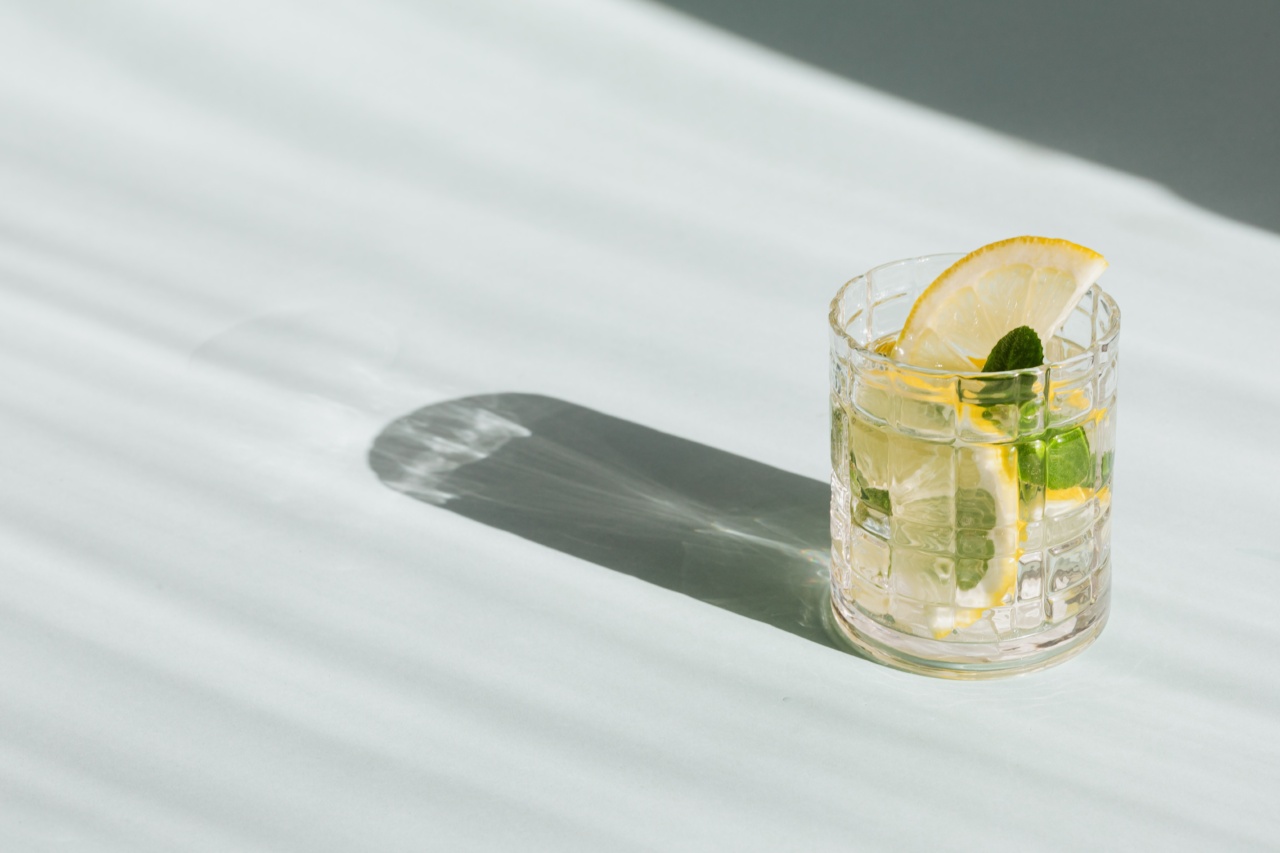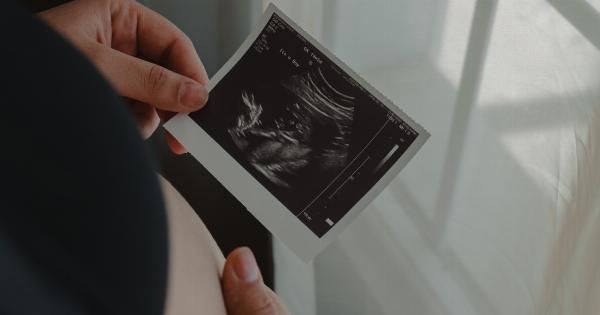The topic of alcohol consumption during pregnancy is one that has sparked much debate and controversy.
While some may argue that the occasional drink is harmless, the overwhelming consensus among medical professionals is that drinking and pregnancy simply do not mix. This article will explore the reasons why it is advised to avoid alcohol during pregnancy and the potential risks it can pose to both the mother and the developing fetus.
The Dangers of Alcohol During Pregnancy
1. Fetal Alcohol Spectrum Disorders (FASDs).
One of the most significant dangers associated with drinking during pregnancy is the risk of Fetal Alcohol Spectrum Disorders (FASDs).
FASDs are a range of physical, behavioral, and cognitive disabilities that can occur in babies exposed to alcohol in utero. These disorders can cause lifelong difficulties for the child, including learning disabilities, developmental delays, and emotional and behavioral problems.
2. Increased Risk of Miscarriage.
Alcohol consumption during pregnancy has been linked to an increased risk of miscarriage.
Studies have shown that even moderate drinking can significantly raise the chances of losing the pregnancy, making it crucial for expectant mothers to avoid alcohol altogether.
3. Premature Birth and Low Birth Weight.
Drinking during pregnancy can also increase the risk of premature birth and delivering a baby with low birth weight. Premature infants often face numerous health complications and may require intensive medical care.
Babies with low birth weight are at higher risk of experiencing long-term developmental problems and chronic health conditions.
4. Alcohol-Related Neurodevelopmental Disorders.
Alcohol can have severe detrimental effects on the developing brain of the fetus.
Consumption of alcohol during pregnancy can lead to alcohol-related neurodevelopmental disorders, such as impaired intelligence, memory problems, and difficulties with attention and impulse control.
The Unknown Safe Threshold
Another critical aspect to consider is that the effects of alcohol on a developing fetus may vary depending on several factors, including genetic predisposition, maternal health, and the timing and quantity of alcohol consumed.
Since there is no known safe threshold for alcohol consumption during pregnancy, it is best to completely abstain from drinking to avoid any potential harm.
Alcohol’s Rapid Effects on the Fetus
When a pregnant woman drinks alcohol, it quickly enters her bloodstream and is carried to the fetus through the placenta.
The fetus’ underdeveloped liver cannot metabolize alcohol as efficiently as an adult’s liver, leading to higher blood alcohol concentration and prolonged exposure. This extended exposure can lead to severe damage to the developing organs and tissues.
Alcohol and Brain Development
The brain is particularly vulnerable to the effects of alcohol during pregnancy. Alcohol disrupts the proper formation of brain cells and can interfere with the crucial process of cell migration, resulting in abnormal brain structure and function.
This can lead to lifelong cognitive, behavioral, and emotional impairments.
Alternatives to Alcohol
It’s essential for pregnant women to find safe alternatives to alcohol if they wish to celebrate or relax. Some options include:.
1. Non-alcoholic mocktails: These alcohol-free beverages can provide a similar sensory experience without the risks associated with alcohol.
2. Infused water or fruit juices: Adding fruits, vegetables, or herbs to water or juice can create a refreshing and flavorful alternative.
3. Herbal tea: A wide array of herbal teas are available that do not contain alcohol and can provide relaxation and other health benefits.
Support and Education
Pregnancy can be a challenging and stressful time, which might tempt some women to turn to alcohol for comfort.
It is crucial for expectant mothers to have a strong support network and access to accurate information about the risks of drinking during pregnancy. Healthcare professionals, such as doctors, midwives, and counselors, can provide guidance and resources to help women make informed decisions and maintain a healthy pregnancy.
The Bottom Line
The scientific evidence is clear: drinking and pregnancy simply do not mix. The potential risks to the developing fetus far outweigh any potential perceived benefits.
To ensure the health and well-being of both the mother and the baby, it is strongly advised to avoid alcohol entirely during pregnancy. By making this responsible choice, expectant mothers can give their child the best possible start in life.





























